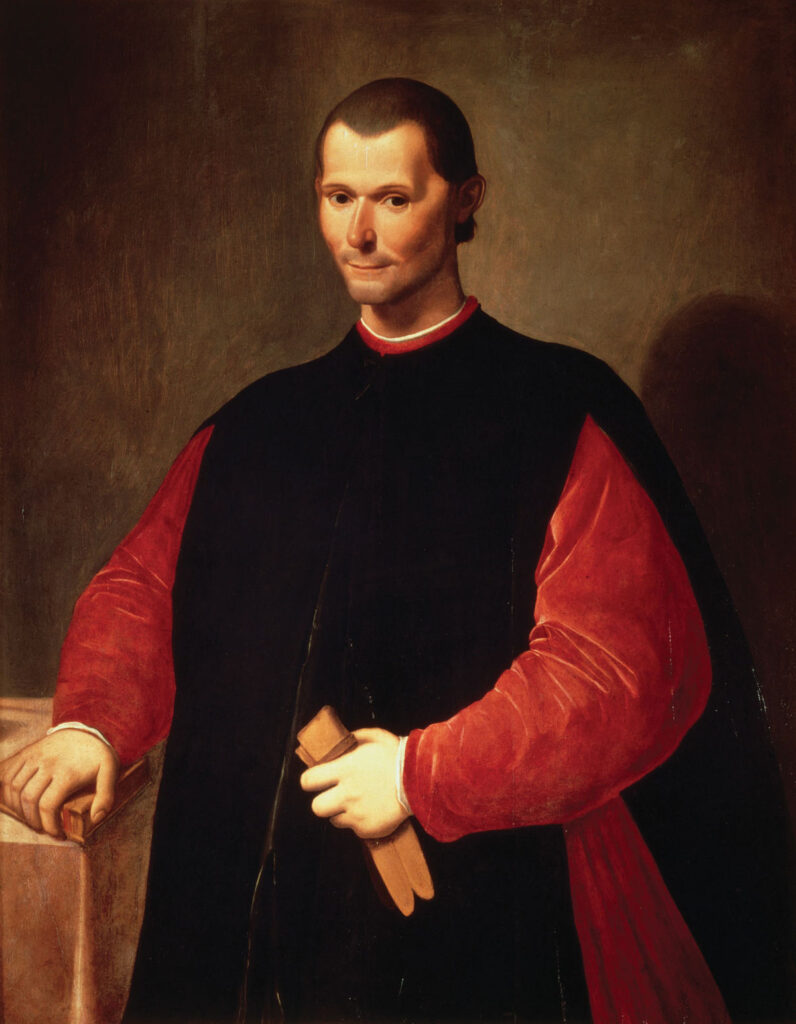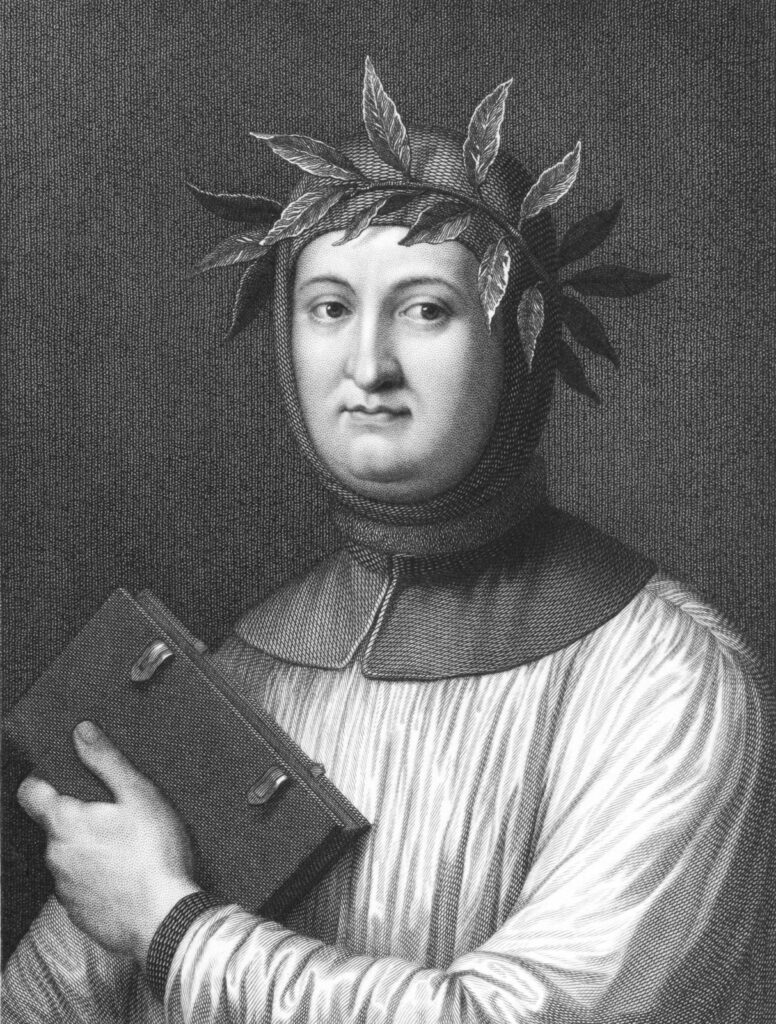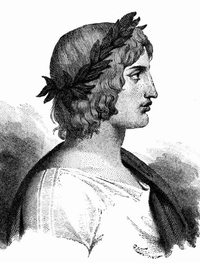Politics and art are usually thought to be on two different planes, politics is the real world and art is an imaginary world created by the artist but that is completely wrong; Dante’s The Divine Comedy and Machiavelli’s The Prince prove that they both affect each other very much. Both Dante Alighieri and Niccolo Machiavelli tied their work to the politics of their hometown, Florence Italy but they did so in very different ways.
The Divine Comedy was written by Dante in the 1300s while he was living in exile from Florence due to his allegiance with the white Guelf political party in Florence who were defeated by the black Guelfs. Throughout this exile and even while writing his poems, it is evident that he believes an emperor would be the best person to lead Florence. This was clear in Canto 34 when Dante the pilgrim, sees Satan in the Ninth circle of hell and described what he sees. Lucifer is described as having three heads with a sinner being held in each mouth. Two of the sinners, one in the right and another in the left, were two of the biggest betrayers of Julius Cesar, one of the greatest and most powerful emperors to ever walk the Earth who held power over all of the Roman Empire, including Dante’s native Florence. The inclusion of both Brutus and Cassius highlights how much Dante the author believes in the power of an emperor, so much so that instead of relegating Brutus and Cassius to just the Ninth circle of inferno, he makes them suffer the most in Satan’s mouth where he “with gnashing teeth he tore to bits a sinner, so that he brought much pain to three at once.”, which shows just how much their betrayal of Julius disgusted Dante the author. However, the third sinner that was the biggest traitor of them all, was Judas Iscariot, the man who betrayed Jesus Christ. He is in Satan’s middle mouth, which shows just how deep his betrayal had been, even when compared to Brutus and Cassius.

The decision to use that subtle detail highlights Dante’s most important political thought, the idea that any emperor as powerful as they may be, is still subordinate to God. Similarly, Dante believes that the only way to achieve peace is to have a political system where all politics is “seen as deriving from that of the Emperor, who in turn derives his political authority from God.”[1] This is why Judas is in the middle, although the betrayal of Julius Cesar was tragic, nothing and no one is more important or powerful than God and to betray God as Judas did is the biggest sin one can commit. This is where Dante differs from Machiavelli, Machiavelli’s writings display a somewhat secular way of ruling, he talks much more about human nature than God’s will and guidance when it comes to ruling.
Machiavelli’s The Prince was written over 200 years after The Divine Comedy was written but yet it still is still heavy in the author’s political opinion. It is much more logical and straightforward than The Divine Comedy, but it is just as, or even more opinionated in terms of politics than Dante’s writings. In The Prince, Machiavelli describes what he believes a good leader should do while ruling over his or her land and it acts as a guidebook for rulers. Machiavelli himself was exiled from Florence after the ruling family at the time, the Medicis, did not like his involvement in a movement to drive them out of the city. He in turn writes The Prince while in exile to Lorenzo De Medici, the current leader of Florence, as a way to get back on his family’s good graces; to put it simply, without politics The Prince wouldn’t exist at all. He writes about how he believes a prince should act towards his people, sometimes even stating that being evil in terms of politics is not an inherently bad thing, as well as tackling questions such as “is it better for a ruler to be feared or loved by his people?” He calls for a balance between being ruthless and being merciful as a leader and just generally gives secular and straightforward advice as compared to the poetry that was lined with allegories that Dante wrote 2 centuries prior and he uses “..his own experience as a foreign secretary in Florence.”[2] as a background for The Prince. However, Christian thought and biblical mentions can be seen throughout his writing, especially in Chapter 6, where he mentions Moses and his rise to power using force. Although he speaks about Moses in a more historical sense than a Christian sense, it is clear he still looks to the Bible as a basis for his ideas. He speaks about God in a more religious sense in the finishing chapter of The Prince chapter 34, where he speaks about God favoring the Lorenzo Medici which somewhat suggests that he agrees with Dante, that God should be placed above leaders(or that at least he’s willing to write that to get back to Florence.)
In today’s society, it is incredibly easy to divide the world into the arts and the “real world”, but both these writings from two different time periods show that there most art is a mix of both the artists’ real world experiences and opinions and their imagination.

References:
[1] https://ahc.leeds.ac.uk/discover-dante/doc/inferno/page/13






